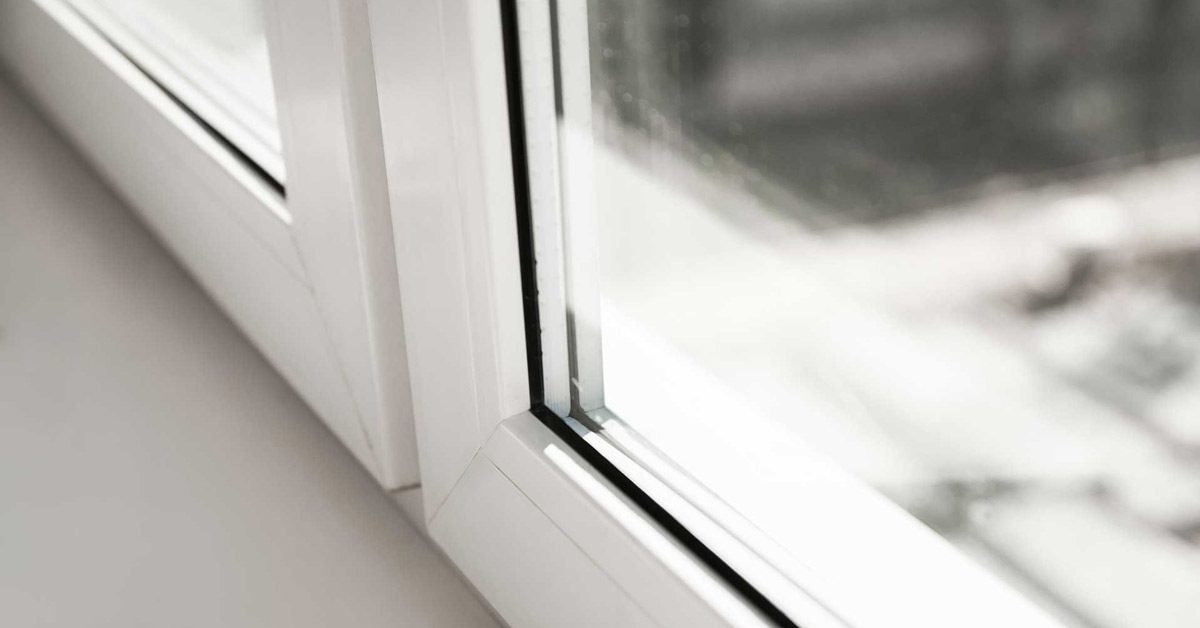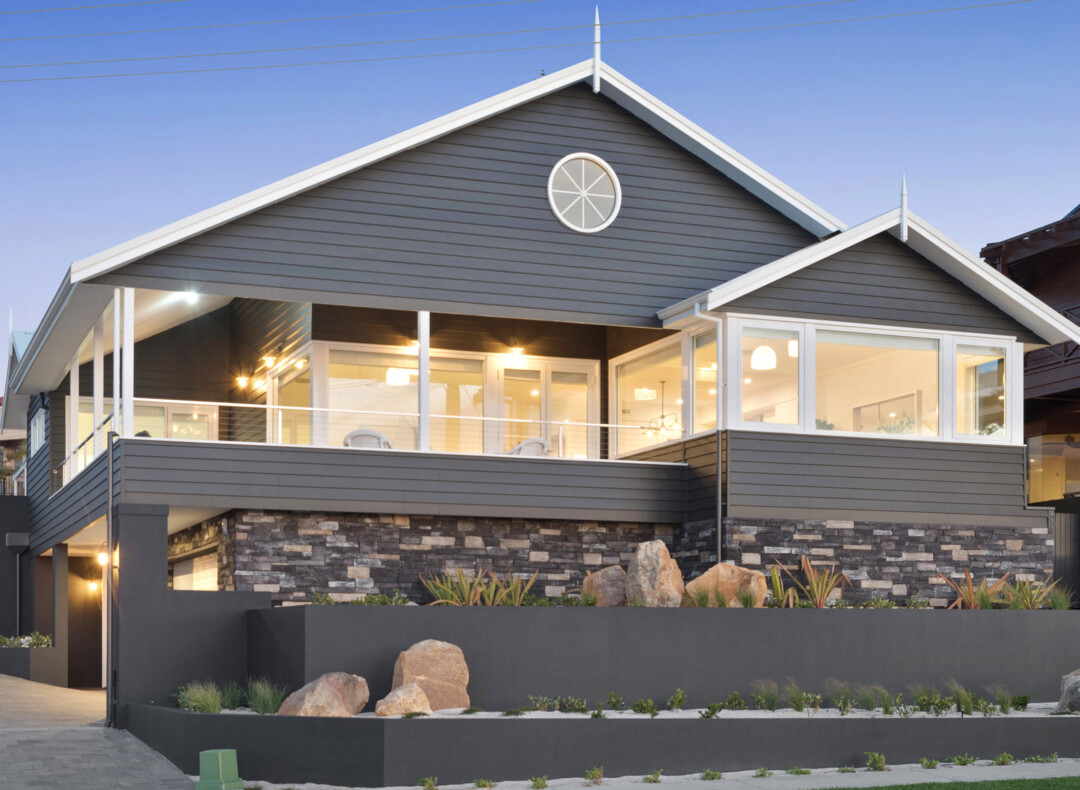All Categories
Featured
Table of Contents
Is Double Glazing Worth It? in Wattleup WA
Glazing just indicates the windows in your house, consisting of both openable and fixed windows, as well as doors with glass and skylights. Glazing really simply indicates the glass part, however it is usually utilized to describe all aspects of an assembly including glass, films, frames and furnishings. Focusing on all of these elements will assist you to accomplish effective passive style.

Energy-efficient glazing makes your house more comfy and drastically minimizes your energy costs. Inappropriate or inadequately developed glazing can be a major source of unwanted heat gain in summer and considerable heat loss and condensation in winter. Approximately 87% of a home's heating energy can be acquired and as much as 40% lost through windows.
How Are Double Glazed Windows More Energy Efficient? in Wilson Perth
Glazing is a significant financial investment in the quality of your home. A preliminary financial investment in energy-efficient windows, skylights and doors can significantly decrease your yearly heating and cooling bill.

This tool compares window selections to a base level aluminium window with 3mm clear glass. Understanding some of the crucial properties of glass will assist you to pick the finest glazing for your house. Secret homes of glass Source: Adjusted from the Australian Window Association The quantity of light that travels through the glazing is referred to as visible light transmittance (VLT) or visible transmittance (VT).
Improve Your Home's Energy Efficiency With Double Glazing in Yokine Western Australia
This may lead you to change on lights, which will result in greater energy costs. Conduction is how readily a material carries out heat. This is referred to as the U worth. The U worth for windows (expressed as Uw), describes the conduction of the whole window (glass and frame together). The lower the U worth, the greater a window's resistance to heat circulation and the better its insulating value.
If your house has 70m2 of glazing with aluminium frames and clear glass with a U worth of 6. 2W/m2 C, on a winter's night when it is 15C colder outside compared with inside, the heat loss through the windows would be: 6. 2 15 70 = 6510W That is equivalent to the overall heat output of a large room gas heating system or a 6.
Why Double-glazed Windows Are A Must in Como Western Australia

If you pick a window with half the U worth (3. 1W/m2 C) (for example, double glazing with an argon-filled space and less-conductive frames), you can halve the heat loss: 3. 1 15 70 = 3255W The solar heat gain coefficient (SHGC) for windows (expressed as SHGCw) determines how easily heat from direct sunshine streams through a whole window (glass and frame together).
The lower a window's SHGC, the less solar heat it transmits to the home interior. The real SHGC for windows is affected by the angle that solar radiation strikes the glass.
What Is Double Glazing Windows And Doors? in Midvale Western Australia
When the sun is perpendicular (at 90) to the glass, it has an angle of occurrence of 0 and the window will experience the optimum possible solar heat gain. The SHGC declared by glazing makers is always determined as having a 0 angle of incidence. As the angle increases, more solar radiation is shown, and less is sent.
Table of Contents
Latest Posts
Does Double Glazing Reduce The Heat In Brisbane's Summer? in Spearwood Western Australia
Save Energy With Double Glazed Windows in Hocking WA
Triple Glazing – Pros & Cons in Ocean Reef Western Australia
More
Latest Posts
Does Double Glazing Reduce The Heat In Brisbane's Summer? in Spearwood Western Australia
Save Energy With Double Glazed Windows in Hocking WA
Triple Glazing – Pros & Cons in Ocean Reef Western Australia